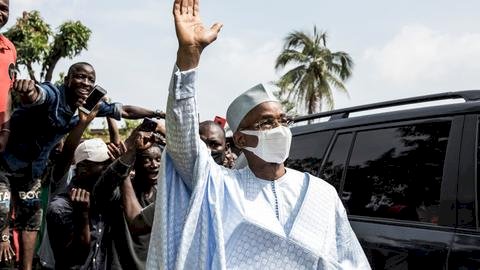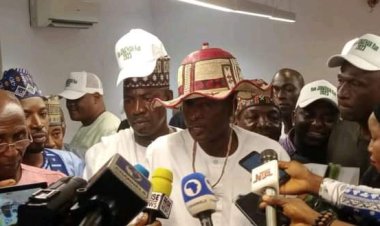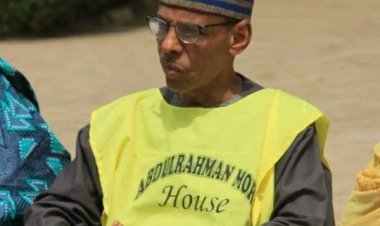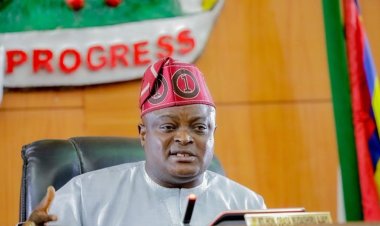Guinea: Cellou Dalein Diallo"winner" this double-edged knife

XALIMANEWS- By proclaiming himself the winner of the presidential election of October 18, 2020, Cellou Dalein Diallo has just kicked off the long-awaited post-election crisis. Not only does this gesture - which is reminiscent of that of Alpha Condé in the second round of the 2010 presidential election - puts pressure on a Ceni whose neutrality is questioned by the opposition; more importantly, the exit of the UFDG candidate seriously complicates Alpha Condé's re-appointment for a third term and heightens the risk of extreme violence, which would not be without consequences for Dalein's political future. While the self-proclaimed winner strategy can pay off in ending the third term, in the current state of power there is also a chance that it will backfire on Cellou Dalein Diallo. In the short term, the winner of this election will be a loser from the outset, at least if the situation becomes explosive and ethnic considerations fuel violence over the official results of the vote.
Politically, Dalein's gesture places the future decisions of the Ceni under the sign of dispute and conflict, in the event that the latter were to proclaim Alpha Condé the winner. It is a gesture of mistrust which can be explained by the suspicion of partiality weighing on the Ceni and the subordination of the Constitutional Court to the executive power: the Guinean opposition, and the UFDG in particular, does not grant any credibility to the political and legal institutions. In this atmosphere of generalized mistrust, who will referee Cellou Dalein Diallo (who proclaimed himself the winner) and Alpha Condé (who could be proclaimed winner)? At the national level, it will be the army or the violence. However, this situation is not favorable to Alpha Condé, in the sense that a military repression would isolate him definitively from the sub-regional and international scene. Likewise, its ministers, some of whom have American or European nationality, could face severe sanctions if NGOs and Guineans in the diaspora pressurize the governments of the countries concerned. We know from the outset that Europe and the United States are not in favor of a third term. As for relations between Alpha Condé and ECOWAS, they remain acrimonious. In light of popular dissatisfaction and an unfavorable international environment, it can be said that Cellou Dalein Diallo's gesture will have the effect of rendering ineffective the possibility of a third term. Without unwavering military support and a strong will to suppress protests, Alpha Condé will not be able to withstand the blow that Dalein’s strategy has just dealt him.
However, the UFDG’s strategy could be unfavorable for its leader in the long term. If the authorities decide to resort to military repression, and if Alpha Condé's supporters, for fear of losing the privileges linked to the proximity of power, force him not to give in, it will necessarily result in a human and social tragedy. It will be one more conflict in a West African sub-region already strongly destabilized by the terrorized violence in the Sahel. From a geopolitical point of view, this would be an untenable situation for France and Europe, faced with migratory pressure. However, unless the situation reverses, foreign mediation risks taking the form of the establishment of a transitional government or national unity. A proposal that resonates with some leaders of the Guinean opposition and former ministers. From this perspective, Dalein's claimed victory will be drowned in the larger issue of national dialogue or reconciliation. Dalein's strategy may therefore succeed in saving Guinea from a third term, but may result in the inability to accede to the presidential office.


















































